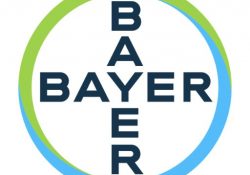Resurrecting the Ghost of Høsbjør Past: Global Fund seeks to establish global framework on tiered pricing enforced by WTO rules
Informed sources have revealed that Mark Dybul, Executive Director of the Global Fund to Fight AIDS, Tuberculosis and Malaria, is the brains behind an initiative to create global framework for the tiered pricing or in the Global Fund’s own words, “Equitable Access to Essential Medicines and Vaccines: Developing a Framework for Success”, enforced by the rules of the World Trade Organization. KEI has obtained this internal concept note prepared by the Global Fund which we understand is a work in progress.






